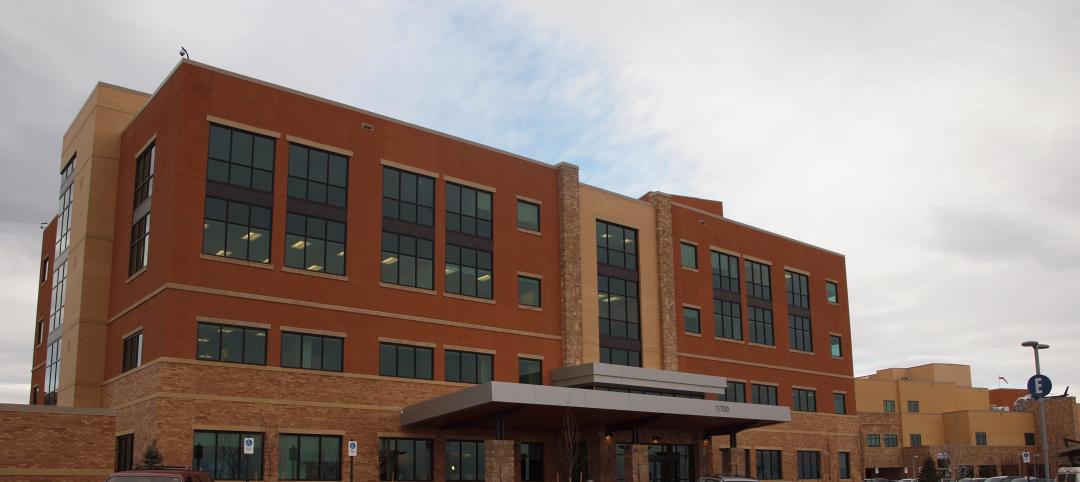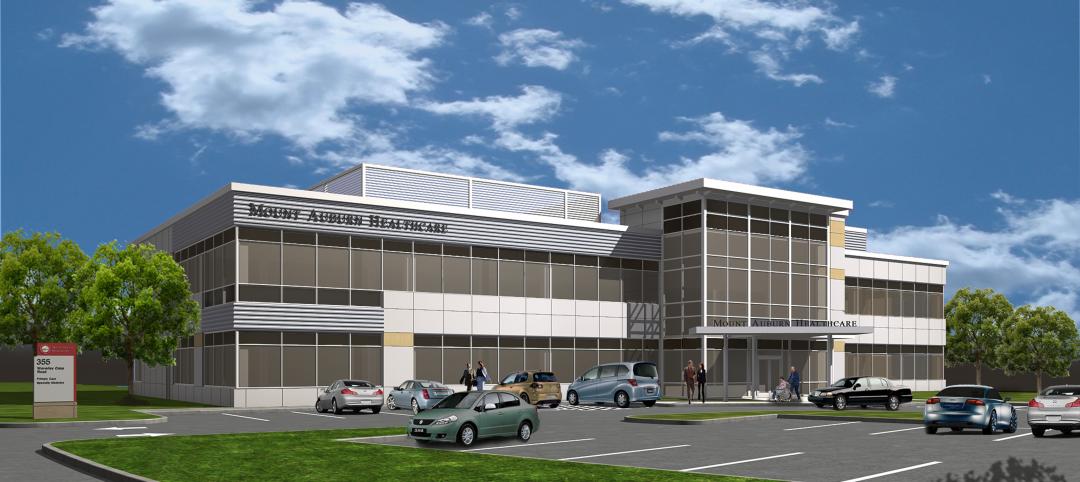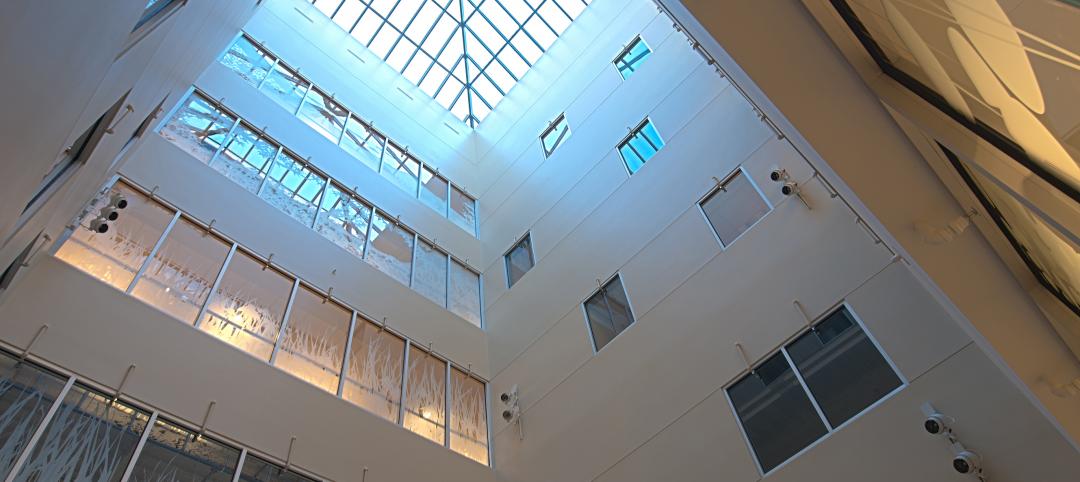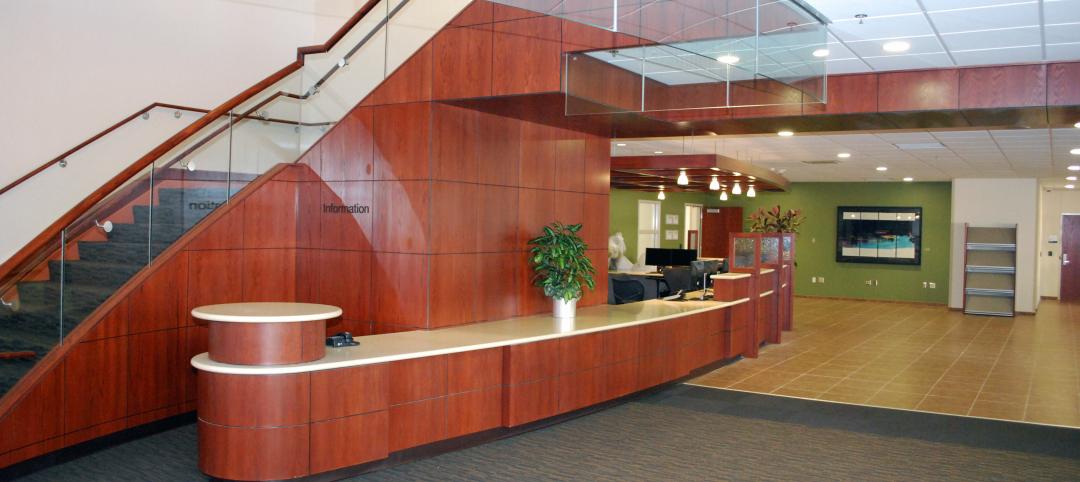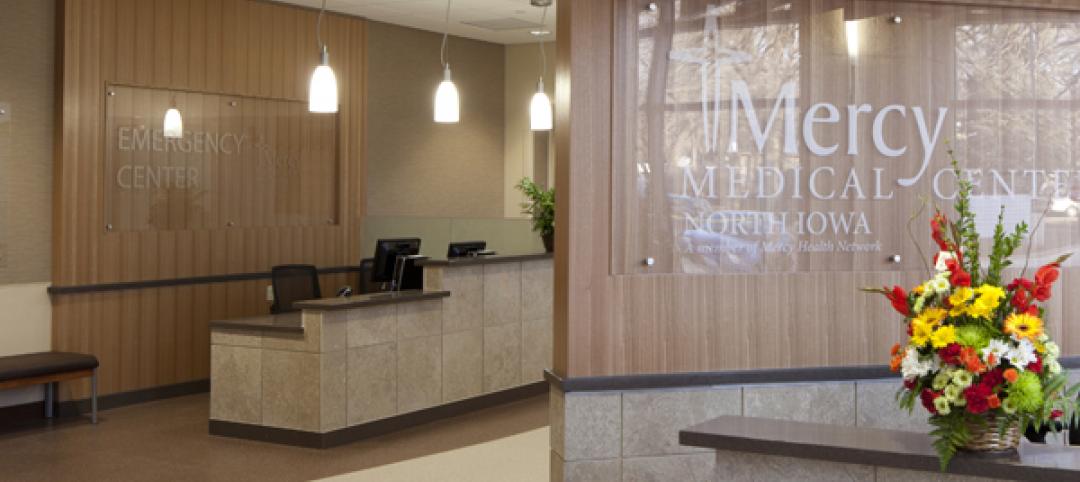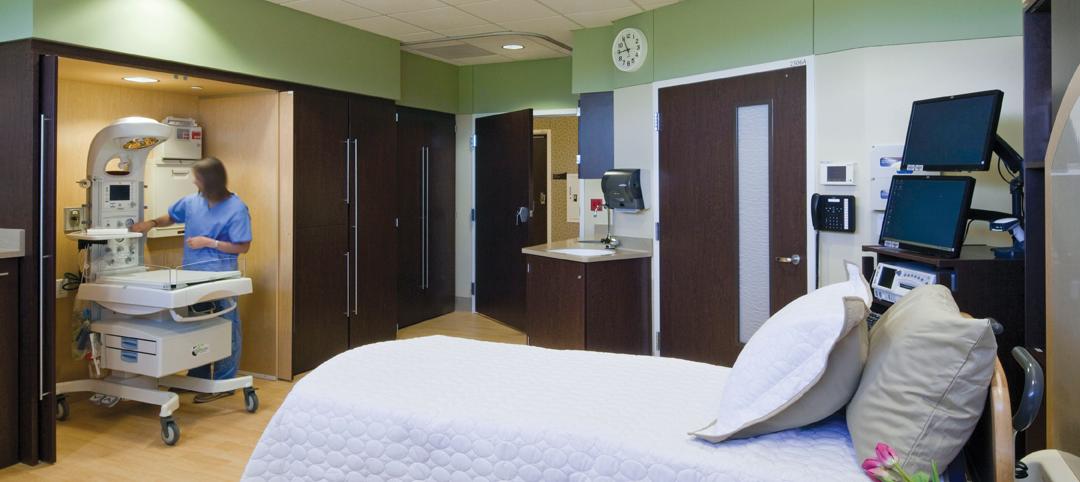 |
|
Built as an homage to the Washington Monument, Minneapolis’s funky Foshay Tower becomes the even funkier W Hotel. |
At one time the tallest building west of the Mississippi, the Foshay Tower has stood proudly on the Minneapolis skyline since 1929. Built by Wilbur Foshay as a tribute to the Washington Monument, the 30-story obelisk served as an office building—and cultural icon—for more than 70 years before the Ryan Companies and co-developer RWB Holdings partnered with Starwood Hotels & Resorts to convert the registered landmark into, of all things, a hip W Hotel.
Adaptive reuse projects are always tricky, but the building's distinctive obelisk shape complicated matters to the extent that when architects Elness Swenson Graham completed the design, there were 57 unique room configurations within the 230-room hotel. The tower loses half its floor area between the second floor and the 30th floor, dropping from 6,000 sf on the second floor to less than 3,000 sf at the top. The complex floor plates also threw MEP contractors Horwitz Inc. and Egan Companies a curve because there was no way to stack plumbing and mechanical systems. Their solution was to break the hotel into flooring groups and then make transitions between each floor set.
The Building Team also faced the high-stakes task of preserving and restoring the building's historic Art Deco lobby ceiling, marble walls, and terrazzo floors. These elements were integrated into the W's modern design aesthetic by interior design team Munge Leung Design Associates.
 |
|
The building’s tapered shape required interior designers to commission adjustable furniture that fits the hotel’s 57 different room configurations. |
On top of everything else, there was no wiggle room on the opening date, August 2008, because the Republican National Convention was being hosted in the twin city of St. Paul the following month and Starwood needed the guest rooms.
Using design-build delivery, Ryan Companies redeveloped the 268,000-sf Foshay Tower at a construction cost of $56 million. The project's final cost was $61 million after the Building Team assumed responsibility for the hotel's restaurant and retail components from the tenants.
Working in the Building Team's favor was the fact that the landmark building was structurally sound and in good shape for its age—that is, unless you ignore the fact that it was packed with asbestos. A tight timeline required asbestos remediation to begin while some office tenants were still in the building. This dictated a more complicated than usual containment system: partition systems, dedicated elevators, night work, and coordinated adjacencies. Tenants were provided generous move-out packages to expedite their exit.
Complications also arose around the building's old windows. Almost 750 units needed to be replaced, which disappointed the National Park Service, since the Foshay Tower is on the National Register of Historic Places. After considerable negotiations, the two sides agreed that replacement could proceed using custom, historically accurate, high-efficiency aluminum units.
The project greatly impressed BD+C's Reconstruction Awards judges, who appreciated the difficulties associated with adaptive reuse projects. “It is really challenging to convert an office building into a hotel,” says Lucien Lagrange, principal of Lucien Lagrange Architects, Chicago. “The Foshay project says something about adaptive reuse and the importance of saving a beautiful existing building.”

Related Stories
| Apr 16, 2012
Drake joins EYP as science and technology project executive
Drake’s more than 30 years of diversified design and project delivery experience spans a broad range of complex building types.
| Apr 10, 2012
JE Dunn completes two medical office buildings at St. Anthony’s Lakewood, Colo. campus
Designed by Davis Partnership Architects, P.C., Medical Plaza 1 and 2 are four-story structures totaling 96,804-sf and 101,581-sf respectively.
| Apr 4, 2012
HDS designs Mount Auburn Hospital’s new healthcare center in Waltham, Mass.
HDS Architecture provided design services for all the Mount Auburn Healthcare suites including coordination of HVAC and FP engineering.
| Apr 3, 2012
Suffolk completes phase one of Baystate Medical Center expansion
Construction management firm awarded emergency department project for successful build of $296 million MassMutual Wing and Davis Family Heart and Vascular Center.
| Mar 28, 2012
Holden Cancer Center opens at University of Iowa Hospitals and Clinics
The new cancer clinic provides a significant increase in patient space from the prior facility, which was located in an adjacent building.
| Mar 28, 2012
Tsoi/Kobis & Associates developing master plan for UT Southwestern Medical Center
Firm will spearhead strategies for transforming existing in-patient hospital into state-of-the-art ambulatory care facility.
| Mar 26, 2012
Jones Lang LaSalle completes construction of $536M Parkview Regional Medical Center
Hospital ushers in new era of local access to advanced medical treatments in Northeast Indiana.
| Mar 21, 2012
Iowa’s Mercy Medical Center’s new Emergency Department constructed using Lean design
New Emergency Department features a "racetrack" design with a central nurses' station encircled by 19 private patient examination rooms and 2 trauma treatment rooms.
| Mar 19, 2012
HKS Selected for Baylor Medical Center at Waxahachie
Baylor Medical Center at Waxahachiewill incorporate advanced technology including telemedicine, digital imaging, remote patient monitoring, electronic medical records and computer patient records.
| Mar 1, 2012
7 keys to ‘Highest value, lowest cost’ for healthcare construction
The healthcare design and construction picture has been muddied by uncertainty over the new healthcare law. Hospital systems are in a bind, not knowing what levels of reimbursement to expect. Building Teams serving this sector will have to work even harder to meet growing client demands.



